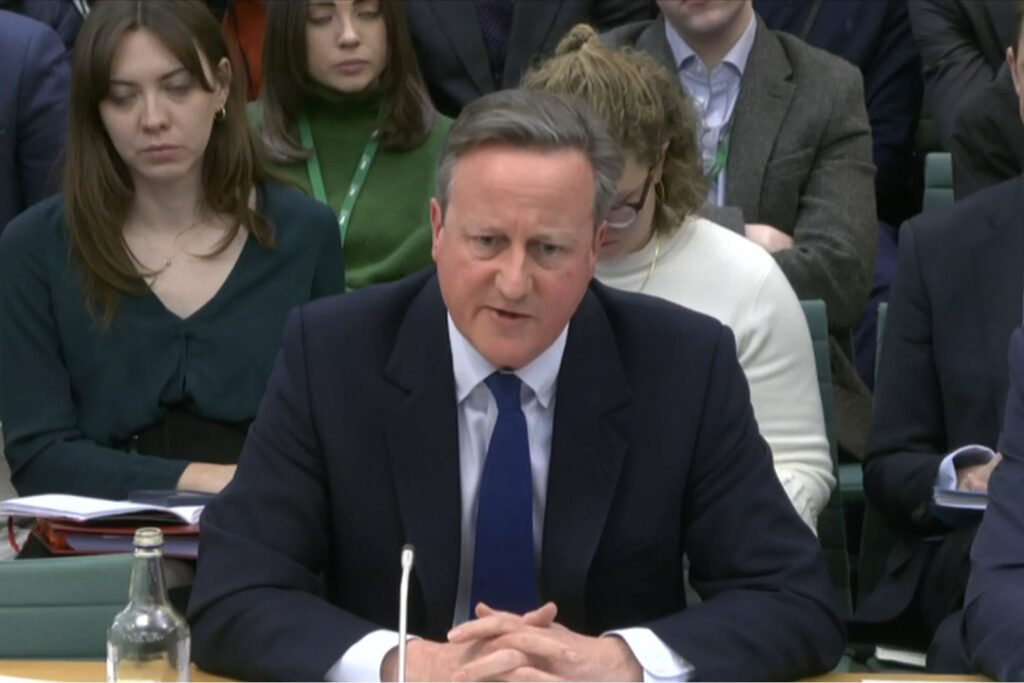UK Foreign Secretary, David Cameron, has robustly defended his decision to intervene in Libya more than a decade ago, while he was prime minister, calling criticism of the action “bunk”.
During his time as PM, an international coalition led by Britain and France launched a campaign of air and missile strikes against former Libyan leader Muammar Gaddafi’s forces in March that year after the regime reportedly threatened to attack Benghazi on the onset of the first Libyan civil war in 2011.
A Foreign Affairs Committee report in 2016 described Britain’s military intervention in Libya as based on “erroneous assumptions” and an “incomplete understanding” of the rebellion against the former dictator.
It also heavily criticized Cameron for turning a limited intervention intended to protect civilians into an “opportunist policy of regime change” based on inadequate intelligence.
Recently returned to government as Foreign Secretary, he rejected some of the report’s findings.
“I remember reading that report … The information I had at the time – I don’t think it was inaccurate – was that Colonel Gaddafi was heading towards Benghazi, where he was threatening to kill large numbers of his own population,” he told the committee on Tuesday.
“We had seen evidence of that happening already.
“We acted to prevent what could have been a huge humanitarian crisis and slaughter.”
He added: “I think the information on which we acted was correct and I disagree with the report.”
Cameron said allies such as France and the US shared the concerns he had about the situation in the north African country.
He told MPs: “The idea that, as prime minister, you would launch some action in Libya, on the basis of what… you thought it would be a good idea for no reason. We were genuinely concerned there was going to be a slaughter.
“It was right to intervene, it was right to stop Gaddafi killing his own people. It was right to give that country the chance of a brighter future. They didn’t want to have that help in reconstruction.”
